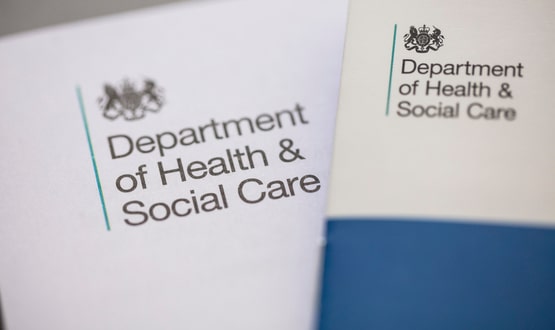National CISO wants to see cyber to be seen as a patient issue
- 16 March 2022

The national chief information and security officer (CISO) for health and social care has said he wants to ‘move cyber from being a technology issue to a patient care issue’.
Speaking on the second day of Digital Heath Rewired 2022, Phil Huggins, who works within the Department of Health and Social Care, spoke about the lessons learnt from the Covid-19 pandemic as well as what he is hoping to achieve in his role as the national CISO.
This includes changing people’s perceptions of cyber in health and social care.
Huggins said: “I am very keen that we move cyber from being a technology issue to a patient care issue.
“And the reason for that is little if any evidence of mortality as a result of cyber events, we are seeing increasing suggestion and some analysis that is showing morbidity from cyber disruption, so you take longer to get your cancer diagnosis, longer to get your medication, longer to be transferred from primary care to secondary care.
“Those sort of disruptions in some cases, result in poorer recovery and in other cases, extended recovery and at scale that can have a serious impact on a population and on individuals.
The national CISO also spoke about the upcoming national cyber strategy. The government document, which was published in 2021, promises to achieve 53 outcomes under five pillars by 2025.
Huggins said that one of the key things for the strategy is that “it fits everybody’s needs” and there has to be a focus on “common outcomes”.
He also promised that the strategy will cover “health and social care as a whole” and this will include expanding the scope of cyber policy.
“Traditionally our focus has very much been on healthcare and very much been on acute trusts and ambulance trusts because that was the obvious place where harm can occur from a cyber attack,” he said.
“What we are now doing is expanding our scope, we can’t do everything now, we are going to have to do it in stages, but we need to expand our scope to cover more, provide more services, provide more support and coaching.
“To do that, we need to get better at understanding what’s important – we have a very limited view of that at the moment.




